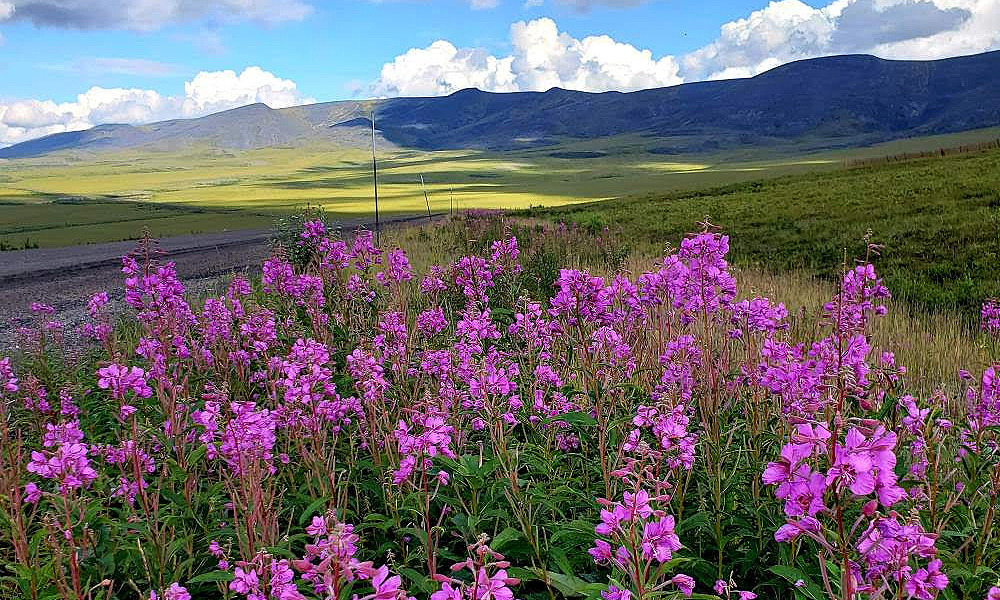Indigenous Research Methods
While researchers will select from the various methodologies offered in this methodological toolbox, or among methodologies sourced elsewhere, a cross-cutting consideration for all researchers involved with Arramat are how research methods can be accountable to Indigenous peoples.
The Indigenous research methodologies (IRM) described on this page provide important considerations regarding the processes by which Indigenous knowledges are generated. These methodologies work across disciplines. For instance, some draw on western theories and methodologies to critique and work against colonial power structures that marginalize or erase Indigenous peoples. Others draw on Indigenous ontologies and methodologies to invigorate Indigenous knowledge systems.
IRMs often take on a “decolonizing agenda that involves healing and transformation” (Kovach, 2009, p. 125), where the goal of research is to concretely transform colonial systems and structures, as well as to give Land Back to Indigenous peoples. This decolonizing goal may shape the processes and relationships inherent to IRM, as researchers and communities work together for concrete change.
Across disciplines, what IRMs share is a dedication to ethical relationships with communities, where research directly benefits communities. These relationships are grounded in Indigenous ontologies, which recognize the mutuality among humans and all else on the planet, including plants, landscapes, animals, microbes, and technologies. With relationships comes responsibility to care for other beings and by enacting power in good ways to the mutual benefit of our relations.
Addressing power imbalances is central to forming ethical relationships. This involves ensuring Indigenous partners have control of the research.
While many universities and granting bodies require ethical research with Indigenous peoples, a helpful piece of guidance is the OCAP Principles of Ownership, Control, Access, and Possession, which enable “self-determination over all research…[in]…all aspects of information including creation and management” (Schnarch, 2004, p. 80). Where possible, researchers can seek out communities’ own statements of research protocol.
In IRM, Indigenous communities must be actively involved, and they must benefit from the research. A good rule of thumb is to replace thinking about research on by research with, by, and for.
Ethical relationships reshape power relations in research. Non-Indigenous scholarship has a long history of exploiting Indigenous peoples and knowledges to the benefit of colonial institutions. Today, many non-Indigenous researchers benefit from research with Indigenous communities, gaining publications, prestige, or career attainment, while many Indigenous people remain excluded from research institutions. In order to work against these longstanding issues, non-Indigenous researchers must take special efforts to address power imbalances towards ethical relations, as described above. To form these relations, it is a good idea for non-Indigenous scholars to be explicit about their positions when doing research with Indigenous communities.
Learn from our Team! Watch the recorded session titled ‘Research for Advocacy and International Policy Meetings,’ which took place on February 15, 2024. This two-hour webinar features a diverse panel of experts each offering distinct perspectives on methods and approaches for conducting research that can be used to support advocacy efforts and inform discussions at international policy meetings.
Presenters:
Dr. Mariam Wallet Aboubakrine – Ărramăt Co-PI/T4 Co-Lead, UNESCO Co-Chair, Adjunct Professor (UOttawa), President Association Tinhinan; Chair of the Board of Directors for Land is Life (Click to Download Mariam’s Presentation!)
James Knibb-Lamouche – Ărramăt Executive Director; University of Alberta (Click to Download James’ Presentation!)
Roma Malik – Ărramăt ILPBP Co-Applicant; All India Union of Forest Working People; Human Rights Defender
Cliquez ici pour écouter en Français !
Additional Readings on Indigenous Research Methodologies
- Alfred, T. (October 4, 2018). Reflections on Gandhi, the Great Law of Peace and Indigenous Resurgence (MK Gandhi Annual Lecture, Mahatma Ghandhi Peace Council & Carleton University).
- Alfred, T. (February 2, 2021). The meaning of territory in indigenous cultures.
- Andersen, C. & O’Brien, J. M. (2016). Introduction – Indigenous Studies: An appeal for methodological promiscuity. In C. Andersen & J. M. O’Brien (Eds.), Sources and methods in Indigenous Studies (pp. 1–12). Routledge.
- Coulthard, G. S. (2014). Red skin, white masks: Rejecting the colonial politics of recognition. University of Minnesota Press.
- Drawson, A. S., Toombs, E., & Mushquash, C. J. (2017). Indigenous research methods: A systematic review. The International Indigenous Policy Journal, 8(2).
- Gwich’in Tribal Council. (2004). Traditional Knowledge Policy. Working with Gwich’in traditional knowledge in the Gwich’in Settlement Region. Gwich’in Tribal Council.
- Harding, S. (October 27, 2015). Objectivity and diversity: Tensions for feminist postcolonial research. Feminist and queer approaches to technoscience, 2013-2014 Colloquium Series, Faculty of Information, University of Toronto.
- Innes, R. (2010). Introduction: Native Studies and Native cultural preservation, revitalization, and persistence. American Indian Culture and Research Journal, 34(2): 1–9.
- Kovach, M. (2009). Indigenous methodologies: Characteristics, conversations, and contexts. University of Toronto Press.
- Schnarch, B., First Nations Centre, & National Aboriginal Health Organization. (2004). Ownership, control, access and possession (OCAP) or self-determination applied to research. A critical analysis of contemporary First Nations research and some options for First Nations communities. Journal of Aboriginal Health, 1(1), 80-95.
- Simpson, L. (2014). Land as pedagogy: Nishnaabeg intelligence and rebellious transformation. Decolonization: Indigeneity, Education & Society, 3(3), 1-25.
Smith, L. T. (2012). Decolonizing methodologies: Research and indigenous Peoples, (2nd ed.). Zed Books Ltd. - Vaughan, M. B. (2016). He Lei Aloha ‘Aina. In, K.-A. R. Kapāʻanaokalāokeola Nākoa Oliveira & E. Kahunawaikaʻala Wright (Eds.), Kanaka oiwi methodologies: mo’olelo and metaphor (pp. 42-52). University of Hawaii Press.
- Weber-Pillwax, C. (1999). Indigenous research methodology: Exploratory discussion of an elusive subject. Journal of Educational Thought, 33(1), 31-45.
- Wilson, Shawn. (2008). Research is ceremony: Indigenous research methods. Fernwood Publishing.
- Wilson, Stan. (2001). Self-as-relationship in indigenous research. Canadian Journal of Native Education, 25(2), 91-92.
- Wray, K., Soukhaphon, A., Parlee, B., D’Souza, A., Freitas, C., Heredia, I., Martin, C., Oloriz, C., Proverbs, T., & Spicer, N. (2020). Aligning intentions with community: Graduate students reflect on collaborative methodologies with Indigenous research partners. Sustainability, 12, 7534.

